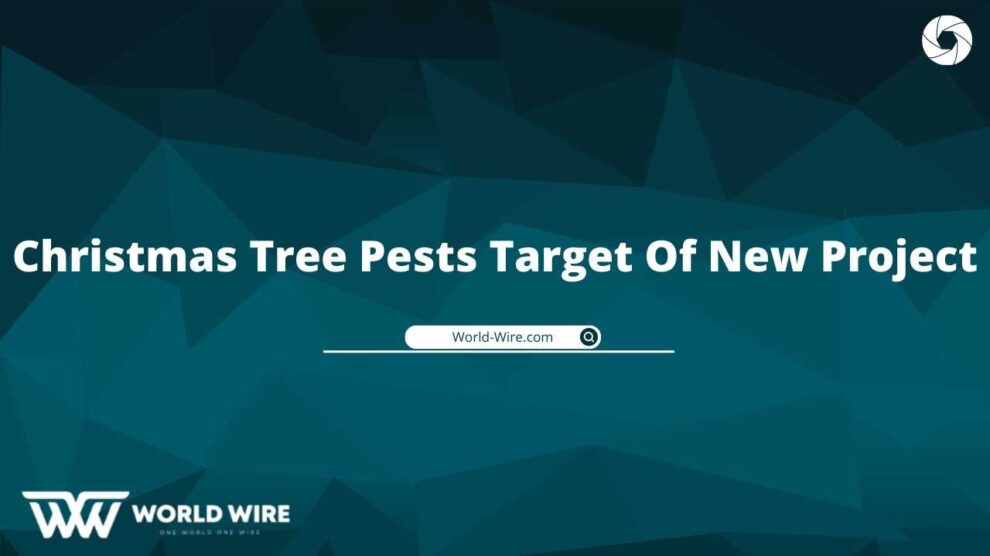Six Pennsylvania Christmas tree growers are participating in an exciting new Penn State research project that aims to prevent invasive pests while reducing the use of pesticides.
It is intended to address scale pests from Asia such as the Elongate hemlock scale and the Cryptomeria scale, both of which can cause significant damage to hemlocks and fir trees under the direction of Cathy Thomas, Pennsylvania IPM coordinator. There are three important Christmas tree varieties in Pennsylvania that are attacked by scale pests: Fraser, Canaan, and Balsam.
A scale’s two generations each year, along with an armored, waxy covering, makes them difficult to control with pesticides. A large number of pesticides for tackling scales and other insect pests are broad-spectrum, killing natural predators of the scales as well. In order to reduce scouting and monitoring applications and replace harmful chemicals with safer ones, Thomas and Sarah Pickel, PA IPM program associates, are working with growers to develop better monitoring and scouting techniques.
In an integrated pest management (IPM) program, scouting, monitoring, and substitution of safer chemicals are all parts of the program. Through the use of a combination of physical, biological, and chemical tactics that are safe, profitable and environmentally friendly, IPM can manage pests — such as insects, diseases, weeds, and animals.
A total of six growers are working with Thomas in Schuykill and York Counties. In cooperation with the Pennsylvania Department of Agriculture entomologists and plant inspectors, we use IPM techniques such as scouting, weather monitoring, and record keeping to identify what pests are present and at what stage. Furthermore, he provides growers with training on IPM and scale lifecycles on-site.
Using an IPM approach, Thomas was able to reduce pesticide use by over 50 percent for three conifer growers in Schuylkill County by targeting White Pine Weevil in a previous Pennsylvania IPM project. It resulted in growers producing high quality conifer trees while significantly reducing pesticide use, which in turn improved profitability. Thomas expects the scale project to yield similar results.
Additionally, Thomas plans on creating a manual for conifer pest scouting to help participating growers and non-participating growers incorporate IPM techniques. There are several manuals available for conifers and Christmas trees, but none are specific to Pennsylvania. Thomas explained that conifer growers will be able to directly access IPM advice from industry experts from Penn State University and PDA with the assistance of specialists at Penn State University and PDA.
In addition to educational presentations of data collected, additional training programs will be offered throughout the state as part of a grant from the Pennsylvania Department of Agriculture. A Christmas Tree Pest Problem Solver from PA IPM can be found at http://paipm.cas.psu.edu/259.htm. You can reach Thomas at (717) 772-5204 or by email at [email protected] with any questions regarding the project.
In both agricultural and urban settings, the Pennsylvania IPM program promotes integrated pest management through collaboration between Pennsylvania State University and the Pennsylvania Department of Agriculture







Add Comment